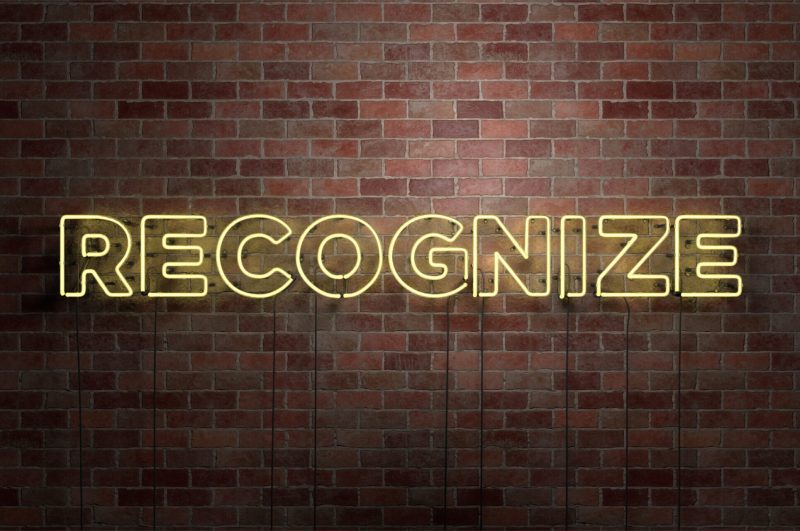Lawyers handle the toughest issues businesses and society face. And while there is a lot of satisfaction to be gained by the practice of law, the legal profession is a stressful one. Lawyers are expected to work long hours, practice at a 24/7, “always on” pace, and provide immediate answers to the most complex issues, all while maintaining a high degree of client service and professionalism.
A nationwide study of more than 13,000 lawyers galvanized interest in lawyer well-being when it was published in 2016. That study revealed that 28% of lawyers experienced depression, 19% reported anxiety, 21% had alcohol use problems, and 11% had problems with drug use. Other studies show that lawyers experience elevated levels of stress and loneliness. In addition, lawyers contemplate suicide at double to triple the rate of the general population.
Until now, very little has been studied about the specific predictors of lawyer suicide risk. New research suggests that high levels of perceived stress, high levels of work overcommitment, loneliness, and being male are all significantly associated with an increased risk of suicidal ideation among lawyers. Specifically, the risk of suicidal ideation was:
- 2x higher among lawyers with high work overcommitment; 1.6x higher among lawyers with an intermediate level of work overcommitment
- 8x more likely for lawyers who screened as lonely compared to those who did not screen as lonely
- 8x more likely for lawyers with a history of at least one mental illness diagnosis
- 22x more likely for those lawyers with high perceived stress; 5.5x more likely for those with intermediate perceived stress
- Men were 2x more likely to endorse suicidality than women
The question then becomes, what next? While I’m not suggesting the ideas below will prevent suicide, they are research-backed entry points for addressing some of these risk factors identified in the study in order to create a work environment that promotes belonging, addresses stress in a systemic way, and creates a more human-centered profession.
Ideas for creating healthier workloads
Unmanageable workloads are a leading driver of chronic stress at work, particularly over the past three years. Here are some ideas for creating healthier workloads:
- Increase effective teaming practices so that lawyers can take a weekend off if needed, attend family functions like weddings, participate in their kid’s lives, or pursue hobbies without having to be tethered to their phones
- Have an on-call person to handle weekend emergencies and rotate that person
- Be as clear as you can with lawyers about the priority of assignments, status updates, clarity of assignments, and due dates
- Make sure all lawyers are aware of templates, directories, where important documents and data are housed and important client information is kept so that these can be accessed quickly
- Proactively share information
- Keep lawyers informed of changes related to their work
- Hold meetings that are efficient and intentionally thought out, including agendas and easy to understand supporting materials; consider whether a meeting is even necessary to gather the information you need
Ideas for increasing belonging
As the study mentions, belonging is a core psychological need that activates intrinsic motivation at work. It is also an important factor strongly correlated with lawyer well-being specifically. These ideas will help you build high-belonging teams:
- Say a thank you “plus” – the plus part details the behavior you observed that led to the good outcome (e.g., say something like, “The way you structured the first page of that brief was excellent – I could see our position clearly and it helped me have a better conversation with our client” instead of just “thank you”)
- Provide opportunities for lawyers to represent the firm or legal organization by encouraging them to write articles, speak at legal conferences, or create a new training or affinity group
- Ask people how they are doing; ask about their families, hobbies, and interests
- Offer encouragement
- Send a note of thanks (or some other form of recognition) to a lawyer’s family after a particularly lengthy trial or deal
- Treat each other like your most important client
- Schedule extra time in one-to-one meetings to discuss non-work-related topics
- Capitalize on shared wins and successes so that lawyers see that progress in complex matters is being made
Ideas for managing causes of chronic stress in a systemic way
Based on the findings of this new study, stress should be a primary target of suicide prevention strategies for lawyers. Chronic stress inhibits problem solving, concentration, and attention, it impairs development of high-quality relationships and teams, and it interferes with working memory – all of which are critical tools to effective lawyering.
Also troubling is a recent spike in mistake-related malpractice insurance claims. I spoke at a conference hosted by a large legal malpractice insurance carrier, and its leaders reported that the percentage of claims that had lawyer-related mistakes jumped from about 15% to 63% over a five-year span. An investigation into the large increase revealed that the increased pace, “always on,” 24/7 nature of the practice, increased complexity and specialization of practice areas, and decrease in mentoring and personal interaction were among the main drivers.
The profession needs to do more to address the root causes of chronic stress. There are six core causes of chronic stress that legal leaders and teams need to pay attention to:
- Unmanageable workload (you feel like you’re treading water with your workload and that at any moment you could sink)
- Lack of recognition (no feedback; you rarely, if ever, hear thank you)
- Lack of community (not feeling a sense of belonging at work; very little leader/colleague support)
- Unfairness (favoritism; arbitrary decision-making; organizational politics and red tape)
- Values disconnect (what you find important about work doesn’t match the work environment you’re in)
- Lack of autonomy (having some choice as to how and when you perform the tasks related to your work)
These are organizational issues that can’t be fixed with self-care interventions aimed at individuals. In fact, three of these causes – unmanageable workload, having low autonomy, and lack of community – are among the top 10 most prominent workplace issues that impact your health and longevity.
Suicide is a significant public health concern, and it’s complex. My good friend and high school classmate died by suicide. Most of the Army leaders I trained shared stories about the frequency of suicides within their units and within the military at large. We read about the more prominent stories of lives stopped short, both within the legal profession and outside of it, and there are many more stories that go unshared. If you are like me, I’m often left wondering why, and feeling a profound sense of sadness. Thanks to this new study, we now have a starting point for piecing this puzzle together in the legal profession. The time to act is now.
Please click here to order my new book, Beating Burnout at Work: Why Teams Hold the Secret to Well-Being and Resilience







